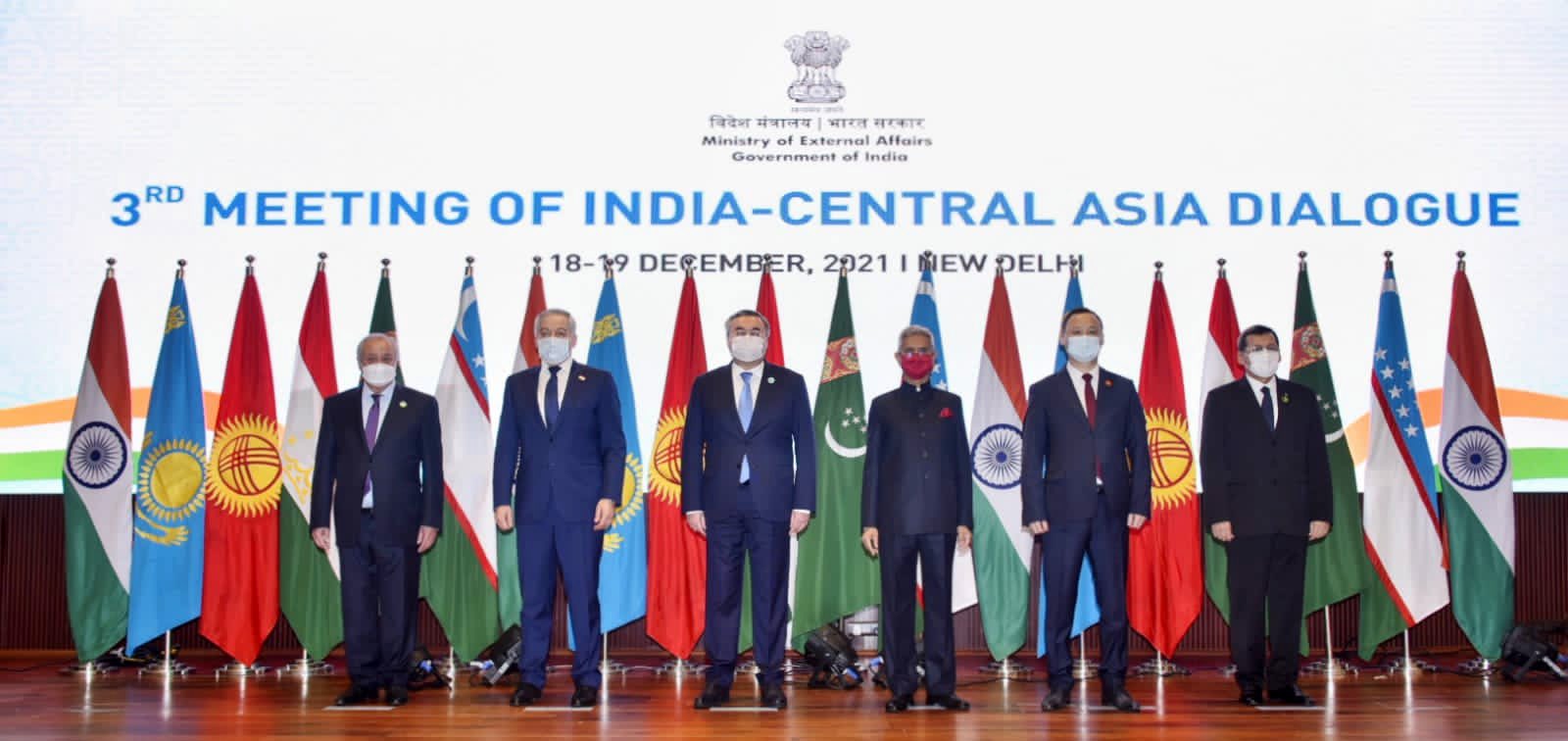Holding the reins
Positive outcomes of India-hosted CIS dialogue vis-à-vis the lackluster OIC meet indicate India’s centrality in extricating Afghanistan from its politico-economic slump

At Pakistan's initiative, ostensibly to show solidarity with the Taliban-led Afghanistan regime, the 17th extraordinary session of the Organisation of Islamic Cooperation's (OIC's) Council of Foreign Ministers was held in Islamabad on December 19, 2021. Though the meet was lackluster in content and attendance, the leaders were unanimous in their call for the OIC's proactive role to protect the "brotherly country from an economic devastation".
Addressing the gathering, Saudi's Foreign Minister, Prince Faisal bin Farhan, averred that the prevailing economic crisis in Afghanistan posed a serious threat, leading to a humanitarian problem which may eventually result in further instability, affecting regional and international peace. He admitted that the people of Afghanistan have already suffered for a considerable time. Other prominent leaders who addressed the gathering included Secretary of OIC, Hissein Brahim Taha AI Saud; Pakistan's Prime Minister Imran Khan and Minister of Foreign Affairs Shah Mahmood Qureshi. At the special meeting of the 57-member OIC, Islamic nations vowed to work with the United Nations (UN) to unlock hundreds of millions of US Dollars in frozen Afghan assets to address the monumental crisis. This call was perhaps not wide off the mark as Afghanistan is currently experiencing one of the harshest winters that has compounded its misery.
Although the OIC resolution claimed that the Islamic Development Bank would initiate efforts to free up assistance by early next year, Afghanistan leadership was also implored to adhere to the obligations under International Human Rights covenants — especially with regards to the rights of women, children, youth, elderly and people with special needs.
Interestingly, Imran Khan opined that the world needed to distinguish between the Taliban from ordinary Afghans. To buttress this argument, Imran Khan specifically called upon the US and the West to not treat Afghanistan differently from other countries in terms of human rights. This, however, looks ambiguous, lacking any cogent explanation or elaboration, as measuring the human rights' record cannot be diabolical as seems to be misconceived by Imran Khan. The Pakistani PM also sounded caution in the OIC forum that if the prevailing chaos was allowed to linger on, this could possibly lead to a mass exodus of refugees into Pakistan which will negatively impact Pakistan's polity and economy. However, Imran's misappropriation of the OIC platform in raising Kashmir and Palestine issues was not called for and also failed to elicit any tangible response.
With reference to the above, it appears necessary to point out that though the Taliban have promised a lighter version of the hardline rule that characterised their first stint in power from 1996 to 2001, women are largely excluded from government employment, and secondary schools for girls have mostly remained nonfunctional.
Obviously, to give up more religious fervor to the OIC meet, the Turkish Foreign Minister, Mevlut Cavusoglu, speaking on behalf of OIC Asia Group, asserted solidarity with the Afghan people as a "moral obligation" and "religious duty" for the OIC countries. On his part, the UN Under-Secretary General for Humanitarian Affairs and Emergency Relief Coordination, Martin Griffiths, said Afghanistan's economy was now under a free fall and if the UN did not act decisively and with compassion, this fall will pull down the entire population with it. He further said that the need for liquidity and stabilisation of the banking system was now critical to save the lives of the Afghan people as well as to enable the humanitarian organisations to respond. He affirmed that the UN firmly stood with the OIC in its efforts to contribute to the humanitarian endeavor.
Back in India, a flurry of diplomatic activities was noticed on December 19, as Commonwealth of Independent States (CIS) countries' Foreign Ministers met the Indian External Affairs Minister in New Delhi. Most notably, the CIS leaders skipped the OIC event in Islamabad, except the Uzbek Foreign Minister, who registered his token presence in Islamabad before coming to New Delhi. The visiting CIS Foreign Ministers held bilateral talks with the Indian EAM, focusing on Covid and connectivity-related issues.
Significantly, in a joint statement, the CIS leaders supported a peaceful, secure and stable Afghanistan while emphasising the respect for sovereignty, unity, territorial integrity and non-interference in its internal affairs. On the other hand, reacting to the OIC meet in Islamabad, analysts feel that it was more hyped, and high in optics, but lacked any substance and didn't offer any roadmap to extricate Afghanistan from the economic collapse and humanitarian disaster.
Importantly, the five Presidents of the CIS States will be attending the third central Asian dialogue with India, closely followed by their participation as chief guests in the forthcoming Republic Day parade in New Delhi. Such a happening signals renewed bonhomie between India and the five Central Asian countries, and thus, Afghanistan will remain central in their to-do list. Outcome of the visiting presidents' meeting with the Indian leadership on the sidelines of Republic Day events, also determines India playing a more decisive and crucial role in economic reconstruction of Afghanistan, taking other regional players on board.
The writer is a retired IPS officer, a security analyst and a former National Security Advisor to the Prime Minister of Mauritius. Views expressed are personal



